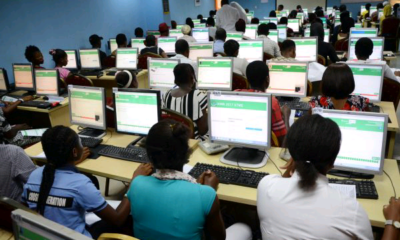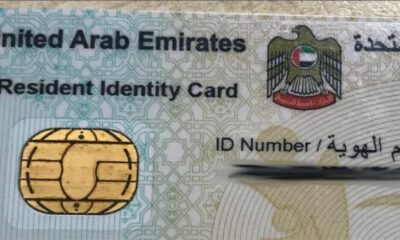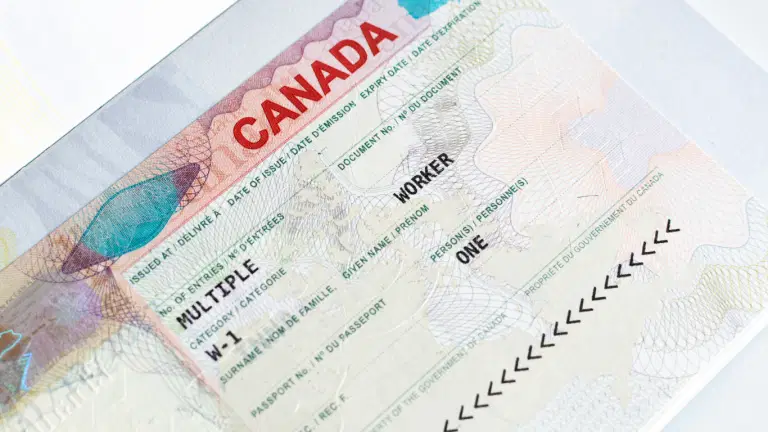A United States-based Nigerian, Samson Omoniyi, who was arrested alongside eight others for alleged money laundering and fraud, may be sentenced to 20 years in prison if found guilty by US authorities.
This was contained in a press statement signed by the Office of Public Affairs of the US Department of Justice late Wednesday.
The statement noted that Omoniyi, alongside his accomplices, was indicted on Tuesday on allegations of conspiracy to engage in money laundering following their arrest across three jurisdictions in the US.
It further indicated that the defendants, who remain innocent until proven guilty by the court, operated a money laundering organisation to launder proceeds from fraud amounting to millions of US dollars, allegedly obtained from defrauding multiple citizens.
The statement read, “An indictment was unsealed yesterday (Tuesday) in Nashville, Tennessee. It charges nine members of a multi-state money laundering organisation with laundering millions of dollars derived from internet fraud, including business email compromise schemes. The nine defendants were arrested in a coordinated takedown across three jurisdictions.
“According to court documents, Samson A. Omoniyi, 43, of Houston; Misha L. Cooper, 50, of Murfreesboro, Tennessee; Robert A. Cooper, 66, of Murfreesboro; Carlesha L. Perry, 36, of Houston; Whitney D. Bardley, 30, of Florissant, Missouri; Lauren O. Guidry, 32, of Houston; Caira Y. Osby, 44, of Houston; Dazai S. Harris, 34, of Murfreesboro; and Edward D. Peebles, 35, of Murfreesboro, were charged with conspiracy to engage in money laundering.
“As alleged in the indictment, the defendants were members of a long-running money laundering organisation operating since approximately November 2016 in and around Tennessee, Texas, and across the country.”
The statement further stressed that the defendants used the structured organisation as a guise to launder the proceeds of their fraud and to enrich members of the syndicate.
“The conspirators allegedly structured the organisation so that recruiters or ‘herders’ recruited and directed participants or ‘money mules’ to launder money obtained from Internet frauds that targeted businesses and individuals in the United States and abroad.
“The defendants allegedly used sham and front companies to conceal the fraud proceeds and enrich the conspiracy members. The conspiracy allegedly agreed to launder more than $20 million in fraud proceeds,” it stated.
According to the statement, each of the defendants could be sentenced to 20 years in prison under the US Sentencing Guidelines as the maximum penalty for their offence.
“The defendants each face a maximum penalty of 20 years in prison if convicted. A federal district court judge will determine any sentence after considering the U.S. Sentencing Guidelines and other statutory factors.
“An indictment is merely an allegation. All defendants are presumed innocent until proven guilty beyond a reasonable doubt in a court of law,” the statement concluded.
Earlier reports had it that two Nigerians, Anthony Ibekie and Samuel Aniukwu, were sentenced by a US federal jury to 30 years combined jail time for defrauding some US citizens of $3,500,000.
According to the US Justice Department, the duo had deceived their victims by telling them that they had received substantial inheritances that required some money to claim.
The duo was said to have requested their victims send money with a promise to refund them once the inheritances were claimed.
It was also noted that the duo carried out romance scams by establishing romantic relationships with their victims and demanding that they send money after building trust with them.

 BIG STORY2 days ago
BIG STORY2 days ago
 BIG STORY5 days ago
BIG STORY5 days ago
 BIG STORY2 days ago
BIG STORY2 days ago
 BIG STORY2 days ago
BIG STORY2 days ago
 BIG STORY11 hours ago
BIG STORY11 hours ago
 BIG STORY2 days ago
BIG STORY2 days ago
 BIG STORY10 hours ago
BIG STORY10 hours ago
 BIG STORY3 days ago
BIG STORY3 days ago




















